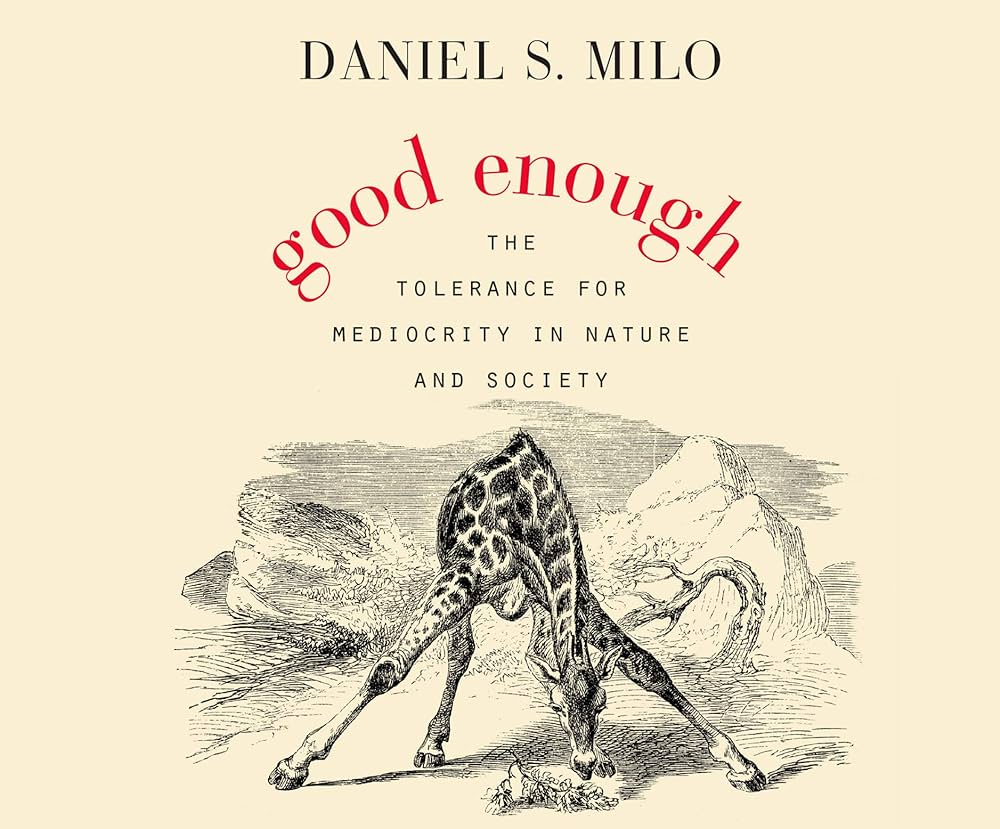
|
Daniel S. MiloGood Enough - The Tolerance for Mediocrity in Nature and Societyp. 20 |
Natural selection is not a natural law; it is a relative frequency.
Lynn Margulis, the pioneer of the theory of symbiosis in evolution, defined herself as an adherent of descent with modification and an adversary of selection as its principal agent. She rejected the “capitalistic, competitive, cost-benefit” interpretation of Darwin.
Margulis expressed nothing outlandish when she told a interviewer that “natural selection eliminates and maybe maintains, but it does not create.” I detail throughout this book a more controversial claim: that natural selection’s maintenance is, most of the time, in abeyance. Natural selection is not a natural law; it is a relative frequency. Facing little pressure to adapt, the mediocre survive and thrive. It is a jungle out there, but, unlike deserts, jungles are not very competitive places. They are full of resources and opportunities and thus are hotbeds of life. It is true that every species in the jungle - and everywhere else - has traits that are products of selection, but each posess also traits that are merely tolerated. In the end, the most we can say for any living organsims is that it is good enough not to die.